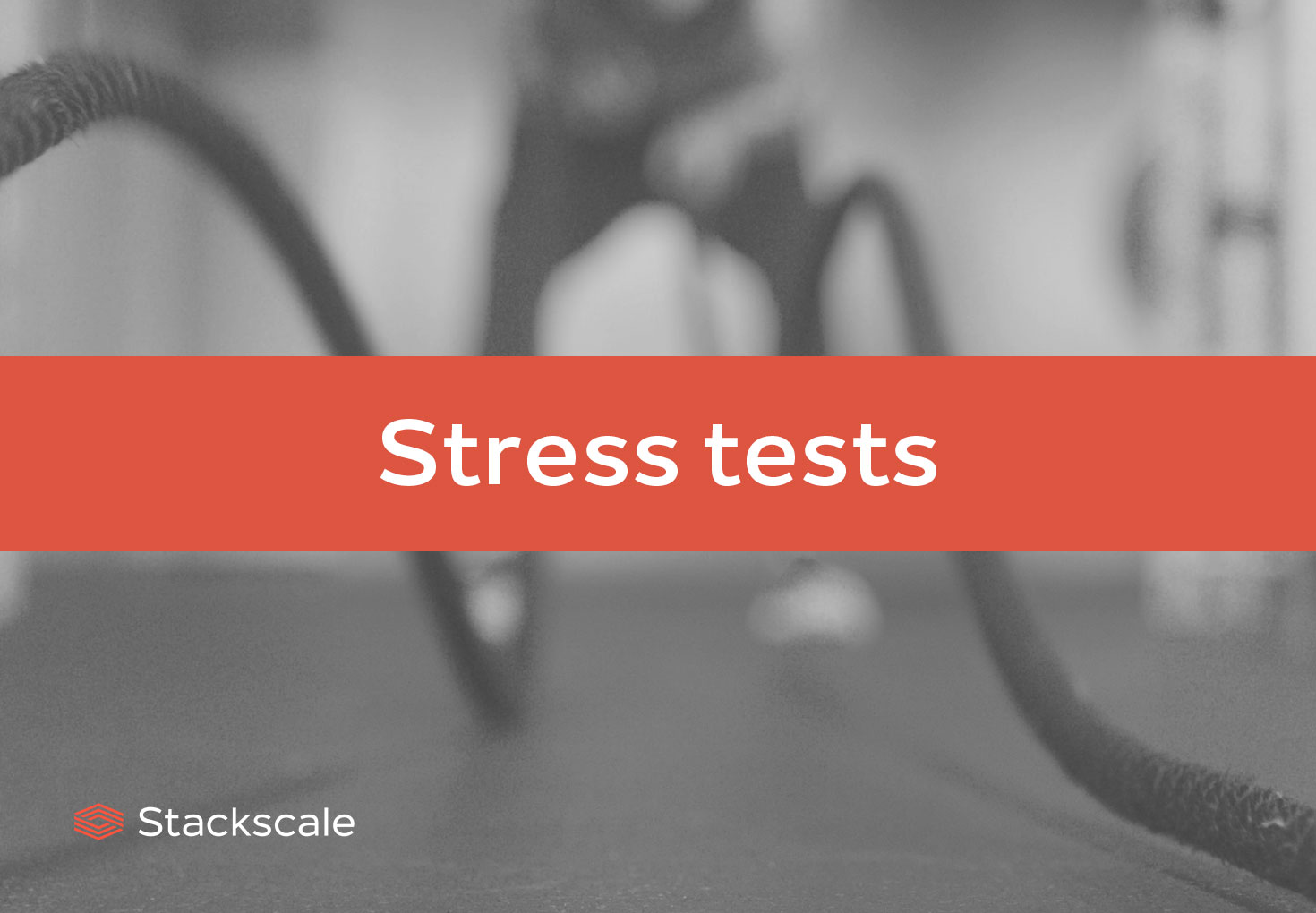In computing, stress testing is a type of performance test used to determine the stability and reliability of systems and applications. Also known as “endurance testing” or “torture testing”, it is particularly recommended for mission critical systems and infrastructures.
Stress tests
Stress tests push hardware and software capabilities beyond normal operating conditions in order to determine the point at which they break.
This type of performance test helps identify which components fail first in order to improve their robustness and efficiency. Thus allowing IT teams to get ahead of potential issues and provide the best possible experience to end users; even if the real load ends up surpassing the estimated one.
While hardware stress tests aim to determine its stability and operating lifespan under extreme load, software stress tests aim to determine its robustness, availability and error handling capacity under intense load conditions.
To do so, stress testing focuses on diverse aspects, such as:
- Ensuring a system works under unusual conditions.
- Analyzing the system’s behavior after a failure, and guaranteeing its recovery.
- Verifying failures do not cause security issues.
- Guaranteeing the display of error messages in case of excess load.
Stress testing vs. load testing
Stress testing and load testing are similar but yet different. While stress tests focus on determining the limits of a system by overloading it beyond its maximum expected capacity, load tests focus on identifying bottlenecks when facing unexpected loads in order to minimize downtime.
On the one hand, stress tests help determine a system’s behavior under an extreme load, such as a DDoS attack, to be prepared against it. In other words, by forcing systems to a breaking point, this type of performance test aims to be aware of limits rather than to identify bottlenecks.
On the other hand, load tests help determine whether system performance meets user requirements and SLA compliance. As such, this type of performance test focuses on guaranteeing the established availability and response times. They are used, for instance, to ensure seamless cloud migrations or simulate visits and interactions in a website or environment.
Why is it advisable to conduct stress tests?
Stress tests entail running an unusually large amount of processes to force the system to crash. So, they allow detecting issues that can go unnoticed over short periods of time. Issues that can be initially harmless, but that could end up having a serious impact on business.
To name a few examples, conducting stress tests is recommendable in order to:
- Find bugs, deadlocks, etc.
- Determine the maximum capability of a system or infrastructure.
- Determine breaking points and usage limits.
- Determine failure causes.
- Verify intended hardware/software specifications.
- Verify reliability and stability for production use.
- Ensure high availability in mission critical software and hardware.
Besides, stress testing contributes to detect, prevent and fix security issues — together with other practices such as Pentest, Anti DDoS or code scanning. This is especially important considering cybersecurity services are at the center of business continuity nowadays.
Do not hesitate to contact our system administration experts to boost the performance and reliability of your company infrastructure and systems’.




